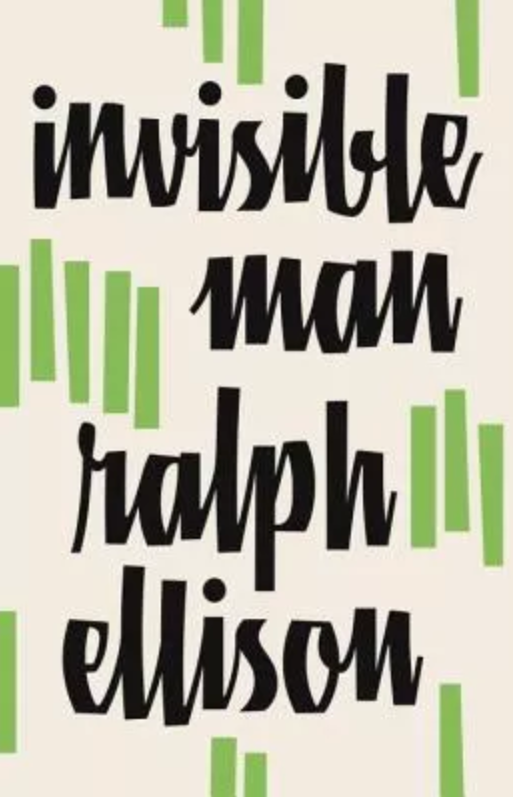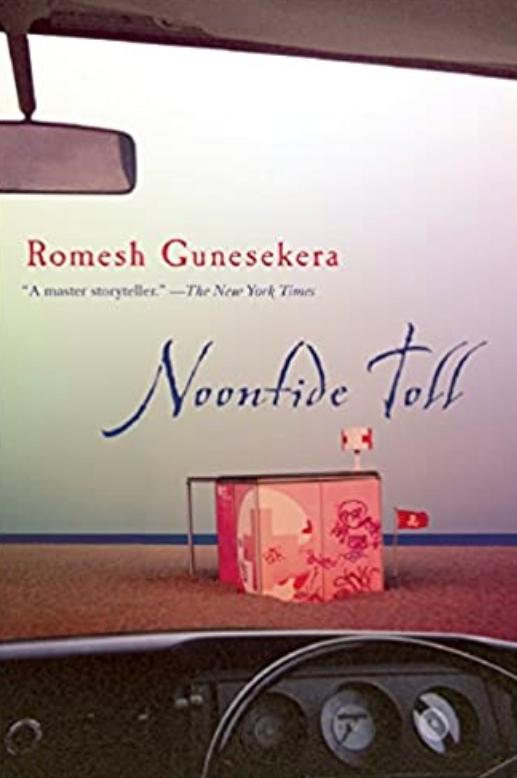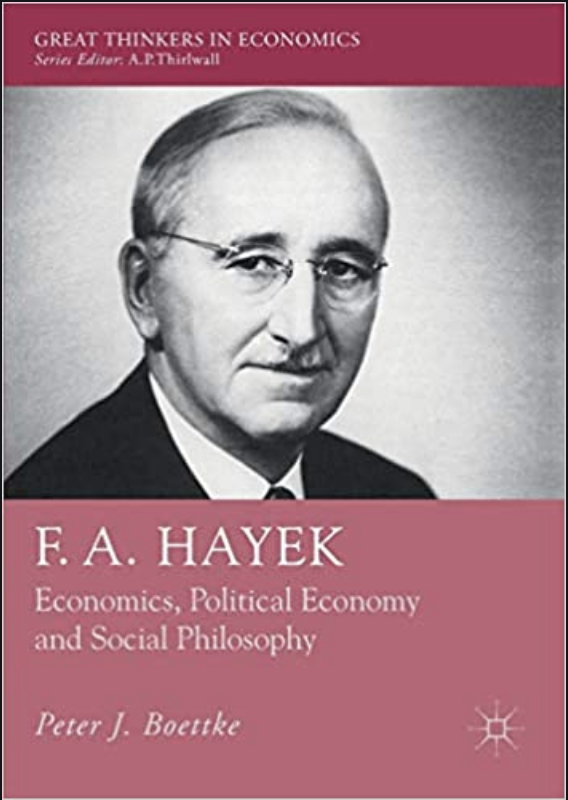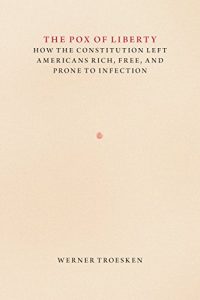
As closures from COVID-19 continue to keep us operating remotely, TFAS is providing more ways for alumni, students and supporters to connect virtually while continuing to be life-long learners. This week, we again asked our world-class faculty to share the books they think the TFAS community should pick up during these unusual times.
Read below for a list of titles to check out from your library or bookstore. If your shop of choice is Amazon, visit smile.amazon.com and choose “The Fund for American Studies” to designate TFAS to receive 0.5% of your total purchase each time you shop, at no extra cost to you. Find more reading suggestions from TFAS faculty in part one here.
 Dr. Richard Boyd
Dr. Richard Boyd
Professor of American Political Thought, U.S. Summer and Semester Programs
“Invisible Man” by Ralph Ellison
“Not to be confused with the H. G. Wells sci-fi thriller, Ralph Ellison’s 1952 novel tells the story of a young African-American protagonist who leaves college to pursue his dreams in New York City. It’s a novel about race in America, obviously, but it’s so much more than that. Most importantly, it’s a philosophical book about freedom—about what it means to live a free life, about the relationship between freedom and responsibility, and about whether freedom involves participation in government or a kind of apolitical hibernation. Ellison questions both a cosmopolitanism that ignores the distinctiveness of particular communities, on the one hand, and a narrow identity politics, on the other—and finds both extremes wanting. His hope for America (and I think it is a hopeful book!) lies in finding a way of acknowledging our common humanity without losing sight of the richness of the American experience. Besides being a captivating and beautifully-written story, it’s the kind of inspiring message we can use today.”
 DR. MICHAEL COLLINS
DR. MICHAEL COLLINS
Professor of Ethics and Leadership & The Good Society, U.S. Summer Programs and TFAS Prague
“Noontide Toll: Stories” by Romesh Gunesekera
“The book is a collection of related short stories set in Sri Lanka soon after the civil war. The narrator of the stories is a van driver who takes people all around the country and discovers the lasting effects of the war upon the people of Sri Lanka. The power of the stories comes from the apparent objectivity of the narrator, his willingness, as it were, to let people and events speak for themselves. One of the stories, ‘Renewals,’ seems to suggest that a reading list may be precisely what we need right now.”
 Dr. Chris Coyne
Dr. Chris Coyne
Professor of Economic Problems and Public Policies, U.S. Summer Programs
“F.A. Hayek: Economics, Political Economy, and Social Philosophy” by Peter Boettke
“Peter Boettke provides an engaging and assessable treatment of Nobel Laureate F.A. Hayek’s research program. The book discusses the main themes in Hayek’s work including the role of knowledge, the limits of state economic planning, and the importance of rules and constitutional constraints on government power.”
Dr. Anne Bradley
George and Sally Mayer Fellow for Economic Education, TFAS Academic Director
Professor of International Economic Policy, U.S. Summer and Semester Programs
“In this, the last of McCloskey’s Bourgeois Trilogy, she gives a compelling historical account of how ideas transformed the world. We are richer now than ever before with the hope of generating even more wealth into the future because our ethics and our rhetoric changed. McCloskey argues that what we honor in ordinary life, is what we do. Once we began to honor the work and industriousness of ordinary people, we grew rich. This required that we uphold the virtue of dignity and purpose and in that we can discover ways to help and serve each other. This brought us the Great Enrichment. This historically rich and detailed account is a must read and breeds hope and optimism for the future.”
 Dr. Price Fishback
Dr. Price Fishback
FTE Professor and University of Arizona Economic Historian
“Troesken traces the history of how governments at all levels of the American federal system dealt with three deadly and recurring diseases: smallpox, yellow fever, and typhoid. All of the issues the world is facing today to avoid horrid deaths are discussed in Troesken’s book: inadequate testing, the absence of vaccines, attempts to develop vaccines, tradeoffs between economic losses and quarantines, the uncertainties that the disease might return in the future, and inadequate medical facilities. Troesken shows how the clauses of the U.S. Constitution that expanded freedoms served to make it more difficult to prevent disease in the short run. Yet, in the long run these same clauses provided expansive opportunities for a wide range of governments, people, and organizations to increase incomes and find ways to solve the disease problems.”
Read Dr. Fishback’s full review on the Foundation for Teaching Economics blog and tune in for a webinar on Wednesday, May 13, as he uncovers similarities of the U.S government response to the COVID-19 pandemic to economic crises from the Spanish Flu, the Great Depression and Great Recession.


